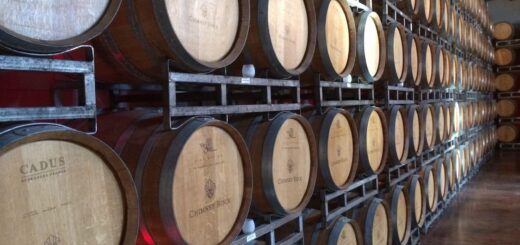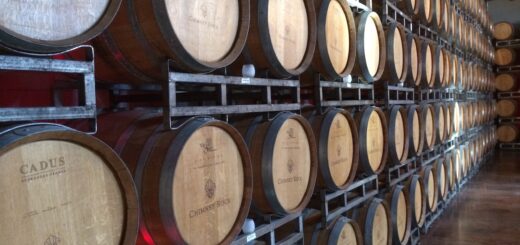How to protect hereditary wine manufactories?
Today’s family wineries are a special breed of winemakers. On one hand, they have been in the business for decades and have perfected their craft over time. On the other hand, they often draw on modern techniques and technologies to produce wines that are truly unique. Their focus is on quality, not quantity, producing small batches of handmade wines that are a labor of love.
At modern family wineries, the production process is both an art and a science. Each step is carefully monitored by experienced vintners who have an intimate knowledge of the local terroir and the ripening cycle of their grapes. They employ traditional methods such as barrel aging and organic farming practices to create wines that reflect the nuances of their land and the flavor profiles of the varietals.
The result is a portfolio of unique wines with bold flavors, complex aromas, and exceptional character. From crisp whites to intense reds, modern family wineries produce something for every palate.
Chateau Thomas
This is a family-owned winery located in the heart of Indiana’s wine country. Founded in 2001, Chateau Thomas produces premium wines from locally grown grapes. From first-generation vintner, Tom Thomas to the current owner and operator John Thomas, the family’s passion for producing high-quality wines shines through in every sip. The Chateau Thomas wine portfolio includes both red and white varietals, as well as several signature blends. Some of their most popular wines include the Chardonnay, which features notes of lush fruit and a smooth finish; the Merlot, with its distinctive aroma of dark fruit; and the Cabernet Sauvignon, which boasts the intense flavor and a bold structure. Chateau Thomas also produces several dessert wines, all of which are perfect for adding a bit of sweetness to any occasion.
Wineries like in movies become rare
Family wineries are becoming increasingly infrequent due to a variety of reasons. In recent years, the industry has become increasingly competitive and difficult to break into, especially for smaller family-owned operations. Because of this, many small wineries have been forced to close their doors or merge with larger companies in order to stay afloat financially. Additionally, these manufacturers do not have the resources to keep up with changing consumer tastes and trends, leading them to become outdated or uncompetitive. As a result, many family wineries find it difficult to stay relevant in such an ever-evolving industry. Ultimately, their ability of them to remain competitive and successful depends on their ability to adapt and embrace change. While this can be difficult, it is often necessary in order for families to continue producing their beloved wines and passing them down through generations.
In addition to the impact of the changing industry, those businesses are also increasingly rare due to generational changes within families. As younger generations of members move away from the rural areas that are often the homes of family wineries, fewer people are available to take over the business when it is needed. Additionally, as many younger generations focus on developing their own careers, there is less interest in taking on the responsibility of running a business. As families face difficult decisions about whether or not to keep their wineries in operation, it is important for them to understand the challenges they will face and how they can protect their legacy by embracing change and adapting to ever-evolving consumer tastes and trends. With the right knowledge, these manufacturers can remain competitive and create lasting legacies that will be enjoyed for generations to come.
At family wineries, it is important to remember that success takes time and dedication. This type of business requires a great deal of patience and hard work in order to produce high-quality wines that are unique and appealing to customers. As such, vintners must be willing to make investments in the latest technologies and equipment in order to stay competitive. From investing in new packaging materials for their products to investing in marketing campaigns to increase their reach, these companies must be willing to put in the effort to ensure the success of their operations. Ultimately, family wineries are a symbol of tradition and pride for many communities, and it is important for them to continue thriving in order to keep these legacies alive.
















Recent Comments